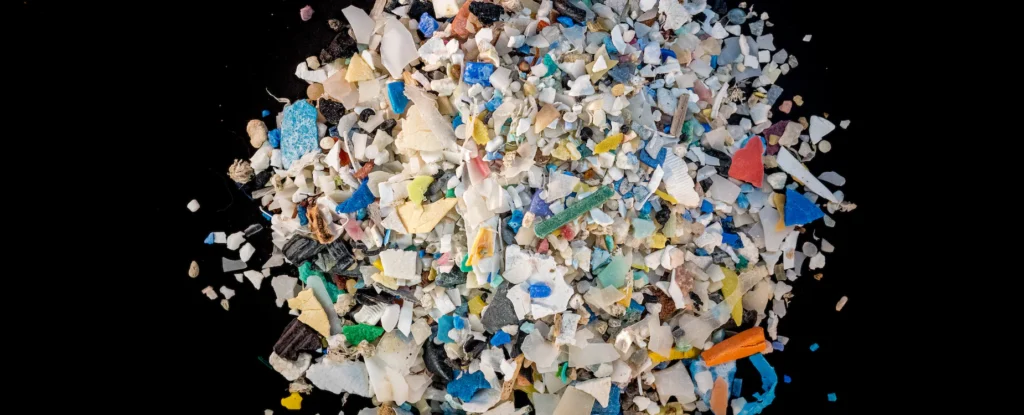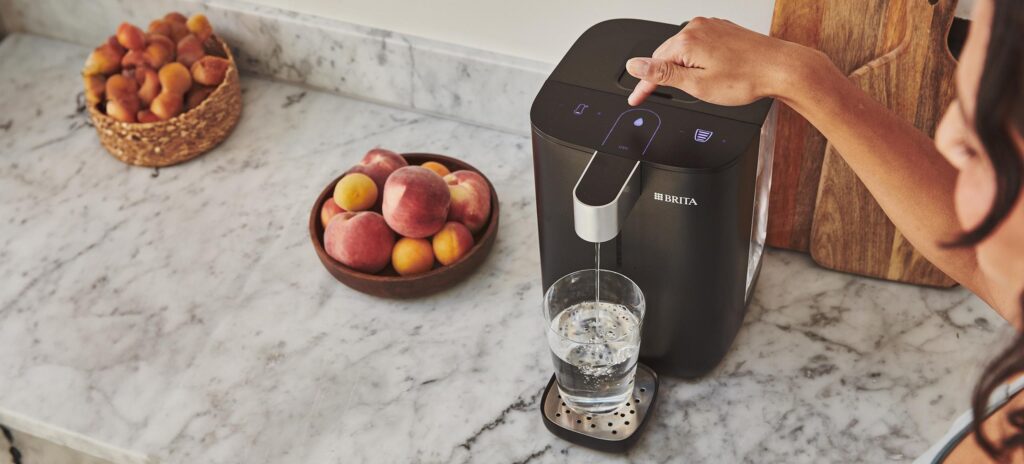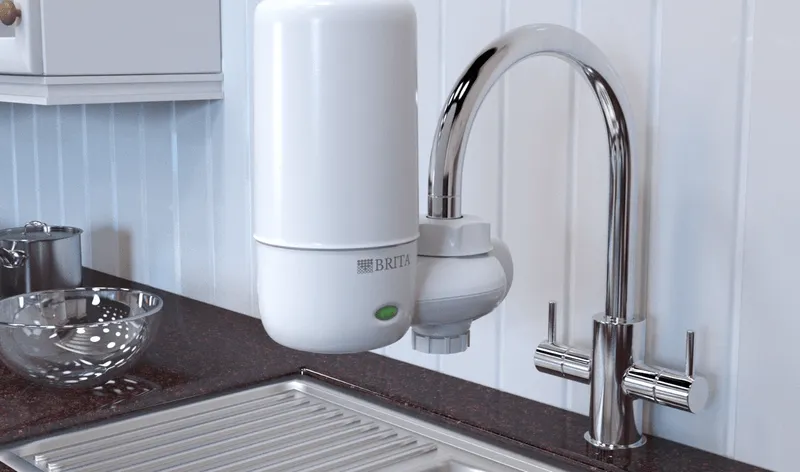Introduction
As concerns about water quality continue to grow, many people are turning to water filters for a cleaner and safer drinking experience. One of the most popular brands in the filtration market is Brita, known for its easy-to-use pitchers and faucet filters. But with growing concerns about the presence of microplastics in our water systems, a question arises: Can Brita filters remove microplastics?
Microplastics, tiny plastic particles less than 5mm in size, have become a significant environmental issue. These particles are often too small to be seen with the naked eye and can make their way into water supplies, posing potential risks to human health and ecosystems. The increasing awareness of microplastics has led many to seek solutions for removing them from drinking water.
Let’s explore whether Brita filters are effective at removing these tiny plastic particles.
What are Microplastics and Why are They a Concern?

Microplastics are plastic fragments that come from a variety of sources, including the breakdown of larger plastic items (such as bottles, bags, and fibers), the shedding of synthetic fabrics during washing, and even personal care products that contain microbeads. Once released into the environment, they can be ingested by marine life, wildlife, and humans.
The concerns surrounding microplastics stem from their potential to carry harmful chemicals, including pesticides and heavy metals, which can accumulate over time. While research on their direct health impacts is still ongoing, many experts agree that reducing exposure to these particles is a wise precaution.
How Do Brita Filters Work?
Brita filters, both pitcher-based and faucet-based, primarily rely on activated carbon and ion-exchange resin to reduce common contaminants like chlorine, lead, and some heavy metals. The activated carbon absorbs and traps impurities, while the ion-exchange resin helps remove minerals like calcium and magnesium, which cause hardness in water.
While Brita filters are known to improve the taste and odor of water and reduce certain pollutants, they are not designed to remove every contaminant. Brita’s filtration technology is not specifically designed for the removal of microplastics.
Can Brita Filters Remove Microplastics?

The short answer is that Brita filters are not guaranteed to remove microplastics. The activated carbon and ion-exchange resin in Brita filters work on larger particles and certain chemicals, but they are not fine enough to capture tiny microplastic particles, especially those that are smaller than 1 micron in size. Microplastics can range in size from visible fragments to particles so small they are nearly invisible to the naked eye.
In fact, studies have shown that most household water filters, including Brita filters, are not highly effective at removing microplastics from water. Some research indicates that only filters specifically designed with fine mesh or additional filtration methods (such as reverse osmosis or ultrafiltration) may be able to remove microplastics effectively.
What Can we Do to Reduce Microplastics in our Water?
If you are concerned about microplastics in your drinking water, here are a few strategies you might consider:
- Reverse Osmosis (RO) Systems: RO systems are highly effective at filtering out a wide range of contaminants, including microplastics. These systems use a semipermeable membrane to remove particles as small as 0.0001 microns, making them capable of filtering out microplastics.
- Ultrafiltration (UF) Filters: Ultrafiltration systems, which use a fine membrane with pores that are smaller than microplastics, can also be effective at removing these tiny plastic particles.
- Distillation: While not commonly used for everyday drinking water, distillation can remove a wide range of contaminants, including microplastics. This process involves boiling water and collecting the steam, which leaves impurities behind.
- Water Testing: Consider testing your water for microplastics to understand the extent of the problem and choose an appropriate filtration system based on the results.
Conclusion
Brita filters are great for improving the taste and safety of drinking water by reducing chlorine, lead, and other common contaminants. However, they are not designed to remove microplastics from your water supply. If microplastic contamination is a concern for you, more advanced filtration systems like reverse osmosis or ultrafiltration may be necessary to effectively address the issue.
As research on microplastics continues to evolve, it is important for consumers to stay informed and make choices based on their specific water quality needs. In the meantime, exploring additional filtration methods can help ensure that you are doing your part to reduce exposure to microplastics and other harmful contaminants.

Leave a Reply